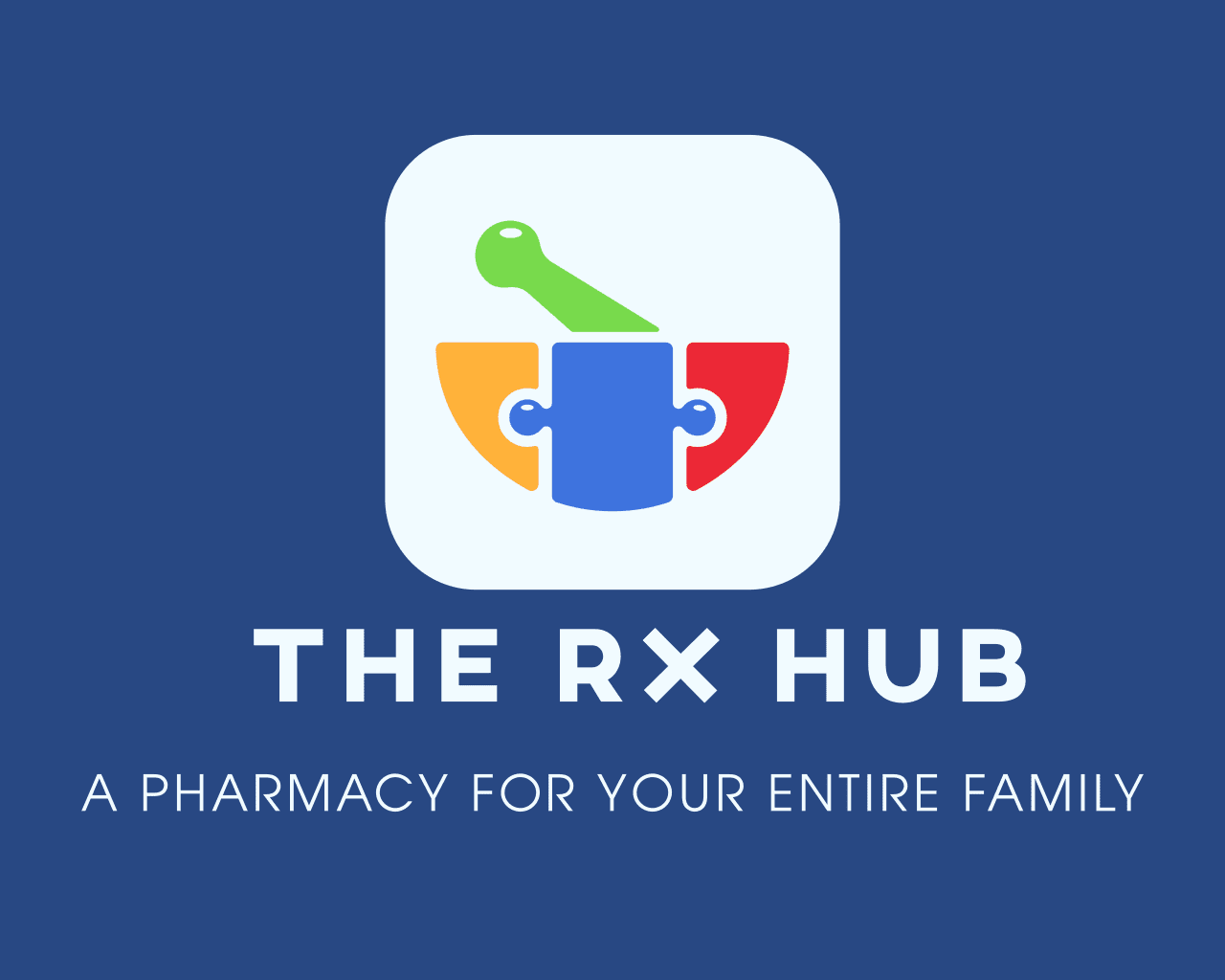4 key questions to ask your pharmacist about medication interactions

Published on March 9, 2022
Taking a proactive approach with new medications can lower your chances of potentially dangerous side effects
Medications on their own can cause side effects. But when you mix one medication with another — or with certain types of foods or drinks, vitamins, or supplements — you can experience medication interactions.
These interactions can alter how well your medications work, amplify known side effects, create unexpected side effects, or even make medical conditions you already have worse.
To help prevent this from happening to you, here are some questions to ask your pharmacist the next time you start a new medication.
Can I take this with my other medications?
The more medications you take, whether prescription or over-the-counter, the more risk you have that one of these medications will alter the clinical effects of another medication. This can happen in a few different ways:
- The medication can affect how the other medication is absorbed into your bloodstream. Sometimes it decreases absorption, making the medication less effective. On the other end of the spectrum, some medications can actually increase absorption and the effects.
- The medication can amplify known side effects of another medication or create entirely new side effects.
- The medication can affect how another medication is broken down and removed from the body, either making a medication less effective or creating potentially toxic levels of that medication in the bloodstream.
Can I take this with my other vitamins or supplements?
Much like with prescription and over-the-counter medications, certain supplements, vitamins, and herbal remedies contain active ingredients that can interact with other medications. For example, multivitamins, supplements with calcium, and iron supplements can make some medications less effective by blocking absorption of some medications when taken too closely.
Do I need to avoid certain foods or drinks?
Some foods and beverages can also affect the absorption, metabolism, and excretion of medications. Here are some common ones:
- Grapefruit and grapefruit juice, as well as pomegranate juice, can decrease liver enzyme levels responsible for breaking down some cholesterol lowering medications, such as statins, in the blood stream. This may lead to muscle-related complications and pain.
- Salt can increase fluid retention and decrease the effectiveness of certain medications.
- Calcium in milk or dairy can prevent absorption of certain medications, such as replacement thyroid hormone, certain oral antibiotics, or certain anti-depressants.
- Some clotting medications depend on vitamin K that’s found in dark leafy greens, Brussels sprouts, and broccoli to make the medication effective. Subsequently, vitamin K can pose risks for those taking medications such as blood thinners like warfarin.
- Mixing alcohol with pain medications or antihistamines can cause excessive drowsiness. Alcohol with Tylenol® or non-steroidal anti-inflammatory medications (NSAIDs) can cause liver damage or stomach bleeding.
- Caffeinated drinks can interact with over-the-counter decongestants, antidepressant Wellbutrin, certain antibiotics, and medications used to treat asthma.
Will this medication interfere with my current medical condition?
Combining a new medication with one you’re already taking to treat a different health condition may make that medical condition worse. For example, over-the-counter decongestants can raise your blood pressure, which is dangerous if you are already dealing with high blood pressure.
Patients are often prescribed medications from multiple doctors who may be unaware they’re being treated for other conditions. If you’ve recently added a medication or supplement to your medication regimen, make sure each of your healthcare providers, including your pharmacist, is aware of these changes.
Original Article: 4 key questions to ask your pharmacist about medication interactions
Get in Touch
Send a Message
Please give us a call or complete the form below.
